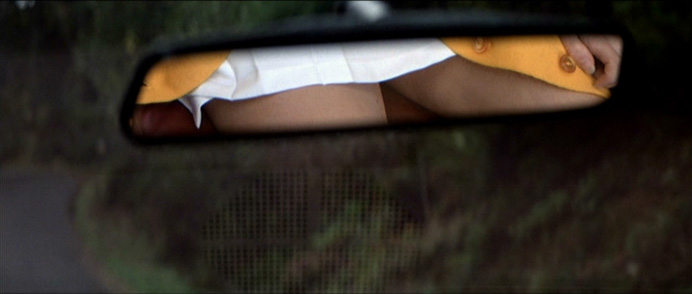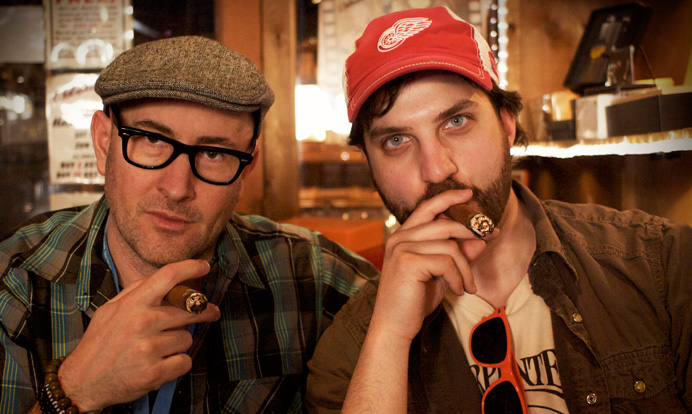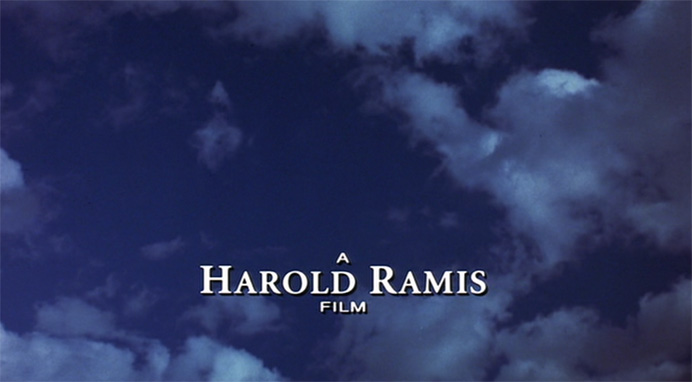
When I was a kid, I wanted movies to instantly make me feel good, like soda pop. The Goonies was one of the movies I saw on TV all the time while flipping channels, and at the time, it seemed boring and annoying to me, simply because I was tired of seeing it around. I remember in particular that the kids in it all talking at the same time gave me anxiety. Because of this, every time I stumbled upon it, I’d change the channel after a scene or two—eventually seeing almost every scene at one point or another, enough to understand the gist of the story—but it wasn’t until I was old enough to pull my head out of my ass that I realized—by actually watching it from beginning to end—that classics like The Goonies are on TV so often because they’re transcendent.
I now also understand that the very aspect that made me feel too frustrated to take The Goonies seriously was supposed to make me feel that way, by design. As an extreme introvert, the constant yapping made me feel uncomfortable, whereas extroverts may have felt invigorated. The realism of this is beautiful. It puts us in the story by replicating very real feelings of nervousness and exuberance. It’s okay that I feel anxious watching the overlapping dialogue—enjoying a movie doesn’t have to mean it makes you feel good.
We graduate from soda pop to cocktails.
Continue reading Andy’s Panties: The Visual Motif That Subliminally Got You Drunk on The Goonies

